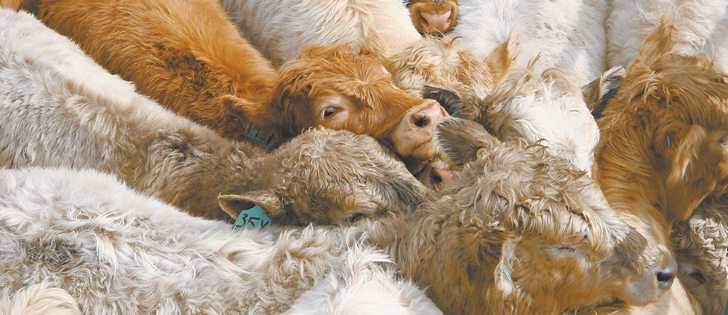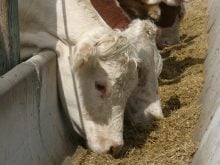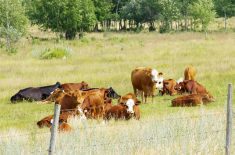Younger than 30 months | Move could double beef sales to Japan
Even as he announced a potential doubling of the value of Canadian beef exports to Japan Jan. 28, agriculture minister Gerry Ritz predicted more access to come.
Japan has agreed to accept Canadian beef from cows younger than 30 months old, a decade after foreign markets slammed shut to Canadian beef because of BSE in an Alberta cow.
The country’s previous age limit was beef from animals younger than 21 months.
Ritz said the Canadian government will continue working to see that the Japanese market totally opens to Canadian cattle.
Read Also

Grain farming’s hard times expected to continue
Rabobank says it will be two more years before North American grain farmers achieve break-even due to “monster” supplies and “sticky” crop input prices.
“That’s our hope,” he told a news conference.
“We have used a staged access agreement with other countries. Hong Kong is an example where we have full access and it has worked extremely well.”
Ritz would not predict when the next phase of the market opening could occur, although Japan’s focus on food safety ensures that negotiations will be long and arduous.
The beef industry applauded the Jan. 28 announcement by Ritz, which is expected to take effect Feb. 1.
The increased access is expected to double the value of Canadian beef sales to Japan to as much as $150 million annually.
“Japan is an extremely important market and this expanded access will breathe new life into the Canadian beef cattle sector,” Canadian Cattlemen’s Association president Martin Unrau said in a CCA statement about the announcement.
He said increased access to Japan could increase the value of animals younger than 30 months by up to $30. He called it “an outstanding result for Canadian cattle producers” that will double the number of cattle eligible for the Japanese market.
Japan is Canada’s third largest beef export market.
Unrau praised the federal government for pursuing the deal with Japan over the years.
“The removal of foreign barriers to Canadian agri-food exports is always a long and arduous undertaking that must be negotiated on a government-to-government basis,” Canadian Meat Council chair Ray Price said in a statement.
He also noted the role of the Canadian Food Inspection Agency in the process.
Unrau said the 21-month rule was a significant challenge for the industry because calves typically are born in late winter, which reduced product available for sales between December and April as the previous year’s calves passed the age limit.
Ritz said the deal will help the Canadian industry be a year-round supplier to Japan.
“This agreement will put more top-quality Canadian beef on Japanese store shelves while strengthening our producers’ bottom lines and growing our overall economy.”















